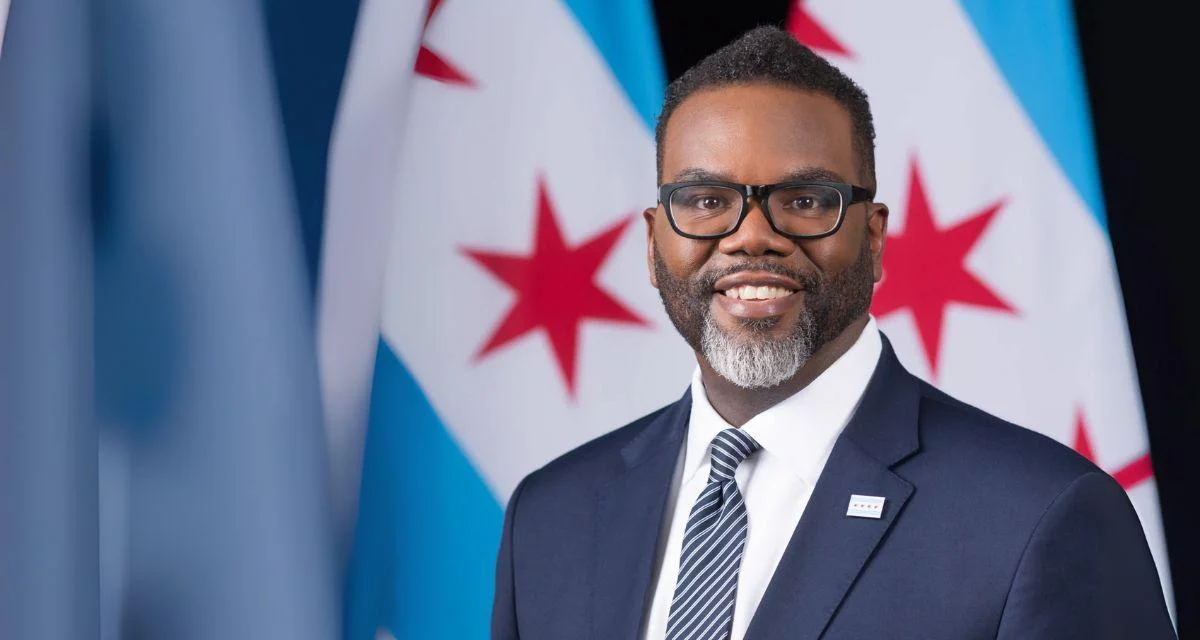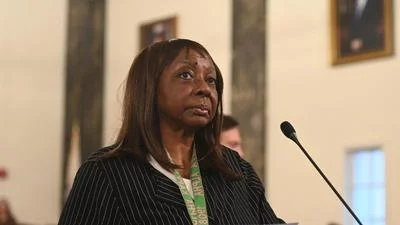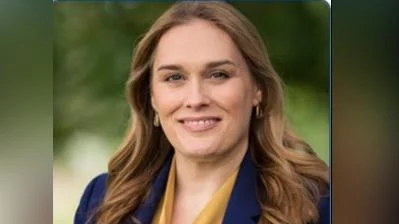Brandon Johnson, Mayor | Official Website
Brandon Johnson, Mayor | Official Website
Chicago Mayor Brandon Johnson has signed an executive order launching the Protecting Chicago Initiative, a citywide effort aimed at safeguarding the constitutional rights of residents in response to possible federal military or National Guard deployment in the city. The initiative comes amid concerns over potential actions by President Donald Trump’s administration.
The executive order directs city departments to inform residents about their rights and outlines plans for legal and legislative action if federal authorities attempt to violate those rights. It also emphasizes that the Chicago Police Department (CPD) will remain under local control.
"The City of Chicago will do everything in our power to defend our democracy and protect our communities,” said Mayor Brandon Johnson. “With this executive order, we send a resounding message to the federal government: we do not need nor want an unconstitutional and illegal military occupation of our city. We will take any action necessary to protect the rights of Chicagoans. Protecting Chicago is the next step in the work we have been doing to defend our city from federal overreach and illegal action."
The order reiterates that CPD will not cooperate with or support any unlawful actions by federal law enforcement or armed forces within Chicago. It also demands that President Trump withdraw his threat to deploy National Guard personnel.
According to the mayor’s office, this is one of the most significant executive actions taken nationally in response to perceived threats from the federal government. The initiative supports policies focused on violence prevention, education, economic opportunity, mental health services, and constitutional policing practices.
If federal military forces are deployed without local consent, city officials argue it would undermine democratic norms and risk increasing violence rather than reducing it.
Should such deployment occur, Johnson’s order instructs city agencies to pursue all available legal avenues against what it describes as violations of local sovereignty and resident rights.
As part of its efforts, the Protecting Chicago Initiative will provide accessible information about residents’ rights during immigration enforcement activities near sensitive locations like schools and hospitals. This measure responds directly to changes in federal policy regarding enforcement in such areas.
The initiative also calls for coordination among various community groups and agencies to address needs arising from potential law enforcement or military activity as well as possible reductions in funding for key programs like Medicaid and SNAP.
City officials plan regular Freedom of Information Act requests regarding immigration enforcement activities within Chicago. They will also work with consular officers serving local communities.
Mayor Johnson’s order requires all law enforcement operating in Chicago—including any federal personnel—to follow rules on identification, body camera use, and uniform standards designed for transparency. The goal is for residents to easily distinguish between CPD officers and other law enforcement agents or armed forces members.
Recent data shows that violent crime rates have declined significantly under these community-centered strategies; overall violent crime dropped 21.6% year-to-date while homicides fell 32.3%, robberies 31.9%, and vehicular hijackings nearly halved.
The executive order does not restrict lawful cooperation with certain federal agencies such as FBI or DEA when consistent with existing agreements.
Additionally, a renewed Family Preparedness campaign led by the Mayor’s Office for Immigrant and Refugee Rights aims to educate families—regardless of immigration status—about their legal protections during interactions with federal agents. Updated guidance will be provided as needed according to changes in enforcement activity or relevant laws like the Welcoming City Ordinance and Illinois Trust Act.
Immigrants make up more than 20% of Chicago's population—a fact highlighted by officials who say these communities contribute significantly across cultural, economic, and civic spheres.






 Alerts Sign-up
Alerts Sign-up